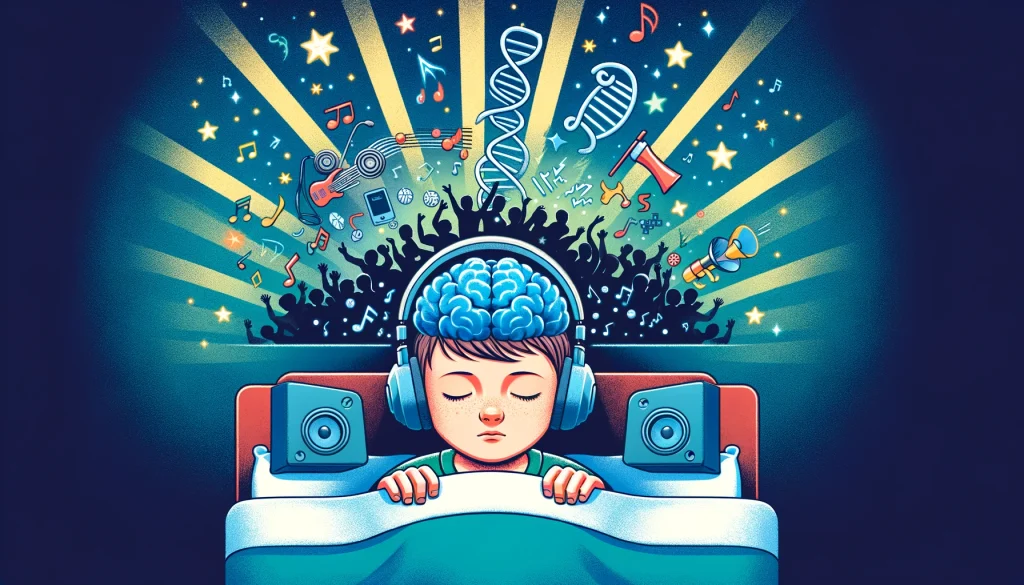This week we are talking about Tic Disorders and Sleep



Tics and Sleep: The Surprising Connection You Need to Know
Hey there, sleepy heads! If you’ve got a kiddo with tics, you know the struggle is real when it comes to catching those precious Zs. But did you know that there might be a sneaky link between tics and sleep troubles? Buckle up, because we’re about to dive into the fascinating world of tics, snoozes, and everything in between.
The Sleep-Tic Situation
A study from 2022 took a closer look at the connection between tic disorders, It turns out, some folks with tic disorders also battle insomnia, arousal issues, and even tics that happen during sleep. Cue the daytime drowsiness and periodic limb movements. Oh, and let’s not forget about our old pal ADHD, who loves to crash the slumber party. 🎉
The Chicken or the Egg?
But here’s the thing – for many of these kiddos (and their worn-out parents), sleep issues started way before the tics ever made an appearance. It’s like the ultimate “chicken or the egg” scenario, but with less feathers and more restless nights.
Take my own son, for example. That boy was the world’s worst sleeper from day one. I’m talking every sleep gadget known to man, and still no luck. So, when the tics rolled around later on, it was like, “Oh, you again? We’ve met before.”
The Importance of Zzz’s
Now, let’s get one thing straight – sleep is non-negotiable. It’s not just important for kids with chronic illnesses (although, let’s be real, it’s extra crucial for them). It’s a must-have for every single human on this planet.
Why? Because sleep is when the body’s rejuvenation happens. It’s like a full-body tune-up, every single night. During sleep, your body:
- Repairs and regenerates
- Strengthens the immune system
- Boosts brain power
- Stabilizes mood
- Regulates hormones
And if you skimp on sleep? Well, let’s just say you might be setting yourself up for a world of hurt – from obesity to diabetes to heart disease. Yikes.
The Cytokine Connection
So, why do tics sometimes get worse at night? Enter: cytokines. These little immune system messengers tend to be more active at night, especially if your immune system is out of whack.
And guess what? Studies have shown that kids with tics and Tourette’s often have imbalanced immune systems. Coincidence? I think not.
The GABA Conundrum
But wait, there’s more! Some folks (thanks, genetics) have a harder time converting glutamate into GABA – the calming neurotransmitter that helps you wind down and drift off.
If your brain’s not making enough GABA, it’s like trying to fall asleep at a rock concert. Good luck with that.
The Toxicity Factor
And let’s not forget about the toxic load. Parasites, mold, infections – these can all ramp up inflammation and make it harder to catch those Zzz’s. It’s like your body’s too busy fighting off the invaders to even think about sleep.
Wrapping Up
So, what’s a tired parent to do? First off, don’t just guess – test! Work with a practitioner who can help you get to the root of your kiddo’s sleep struggles.
Is it an imbalanced immune system? A genetic predisposition? A hidden infection? The key is to gather all the pieces of the puzzle, so you can create a personalized plan to help your child (and you!) finally get some rest.
And in the meantime, prioritize sleep like it’s your job. Get those screens out of the bedroom, establish a relaxing bedtime routine, and aim for that 10pm lights-out. Your child’s body (and your sanity) will thank you.

